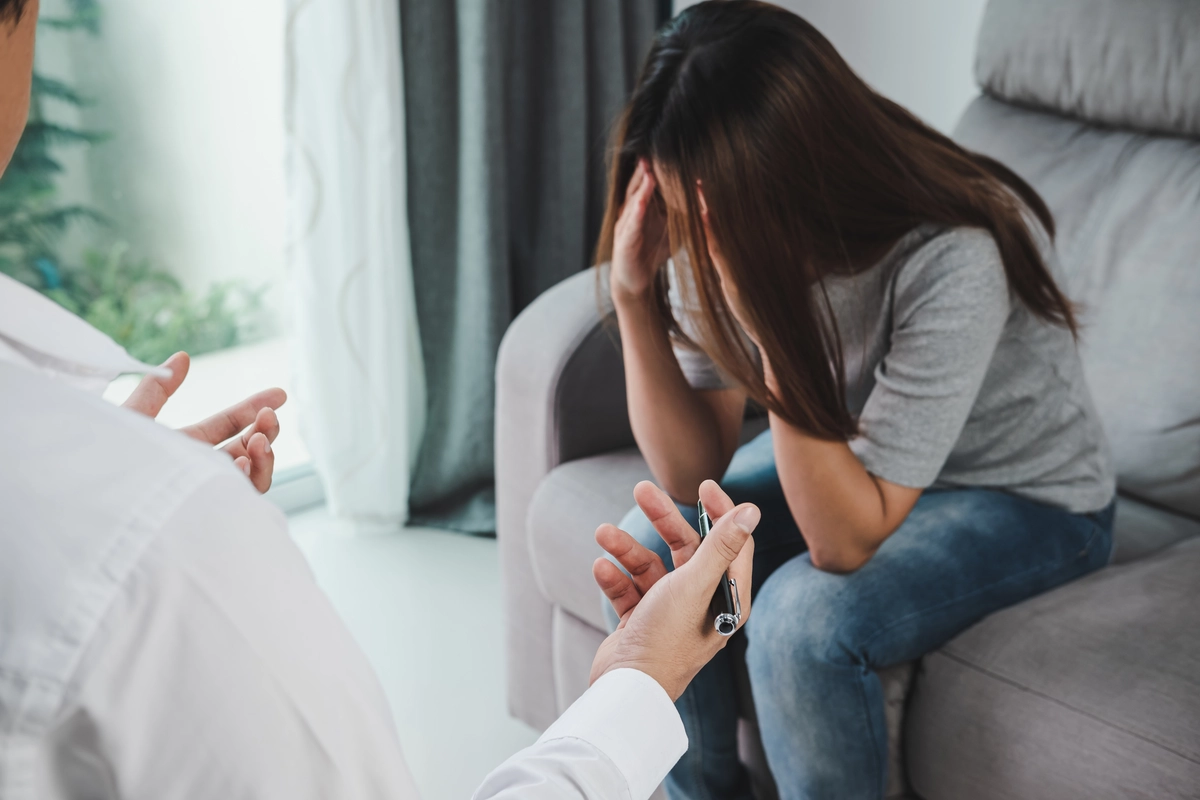24/7 Helpline:
(866) 899-221924/7 Helpline:
(866) 899-2219
Learn more about Opioid Rehab centers in Oscoda County

Other Insurance Options

Amerigroup
Beacon

MHNNet Behavioral Health

Anthem

Regence

Multiplan

Coventry Health Care

Covered California

Choice Care Network

UMR

Molina Healthcare

Oxford

GEHA

Evernorth

Providence

Optima

BlueCross

ComPsych

Self-pay options

Sliding scale payment assistance

AuSable Valley Community Mental Health
AuSable Valley Community Mental Health is a public rehab located in Mio, Michigan. AuSable Valley Co...




















